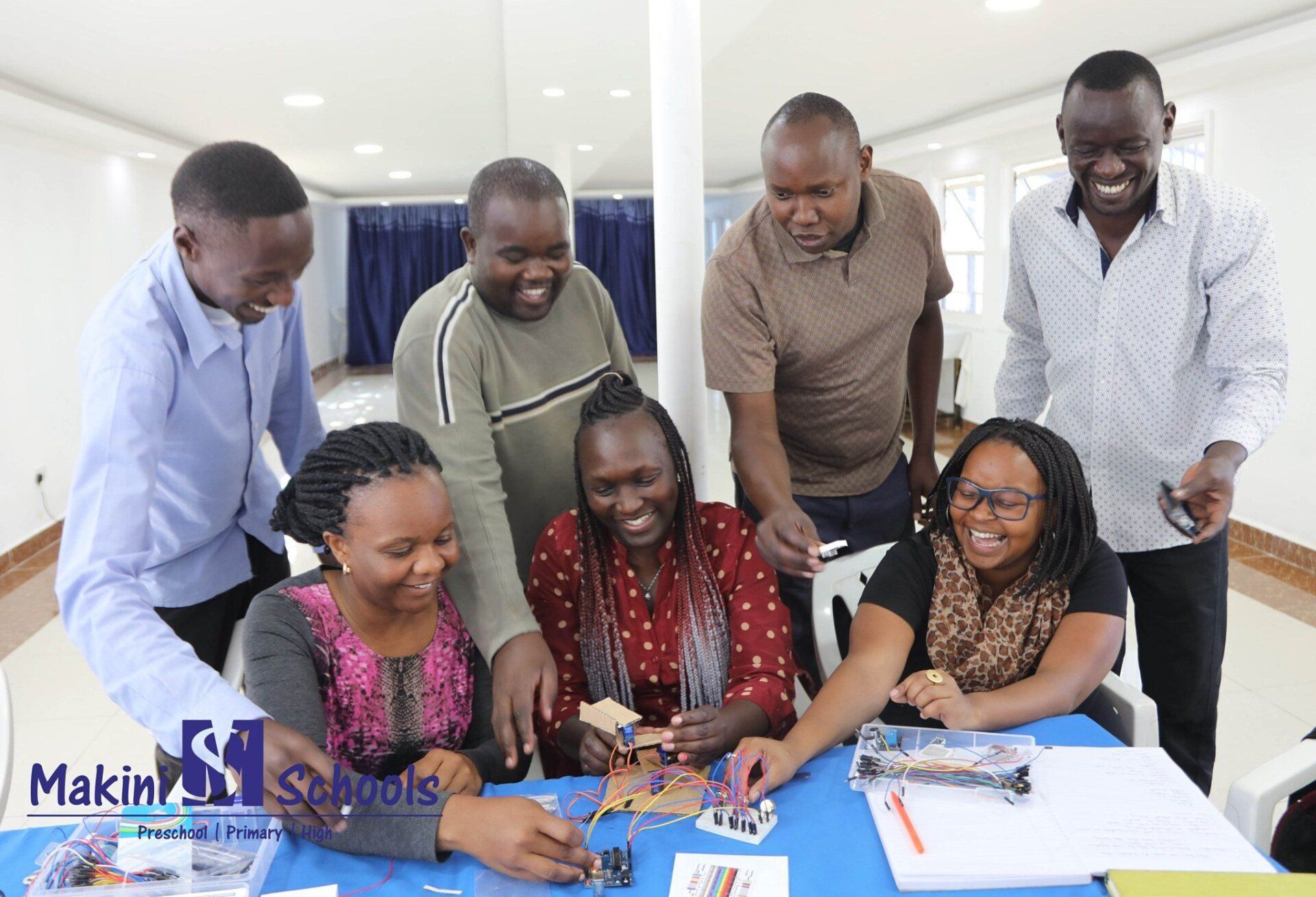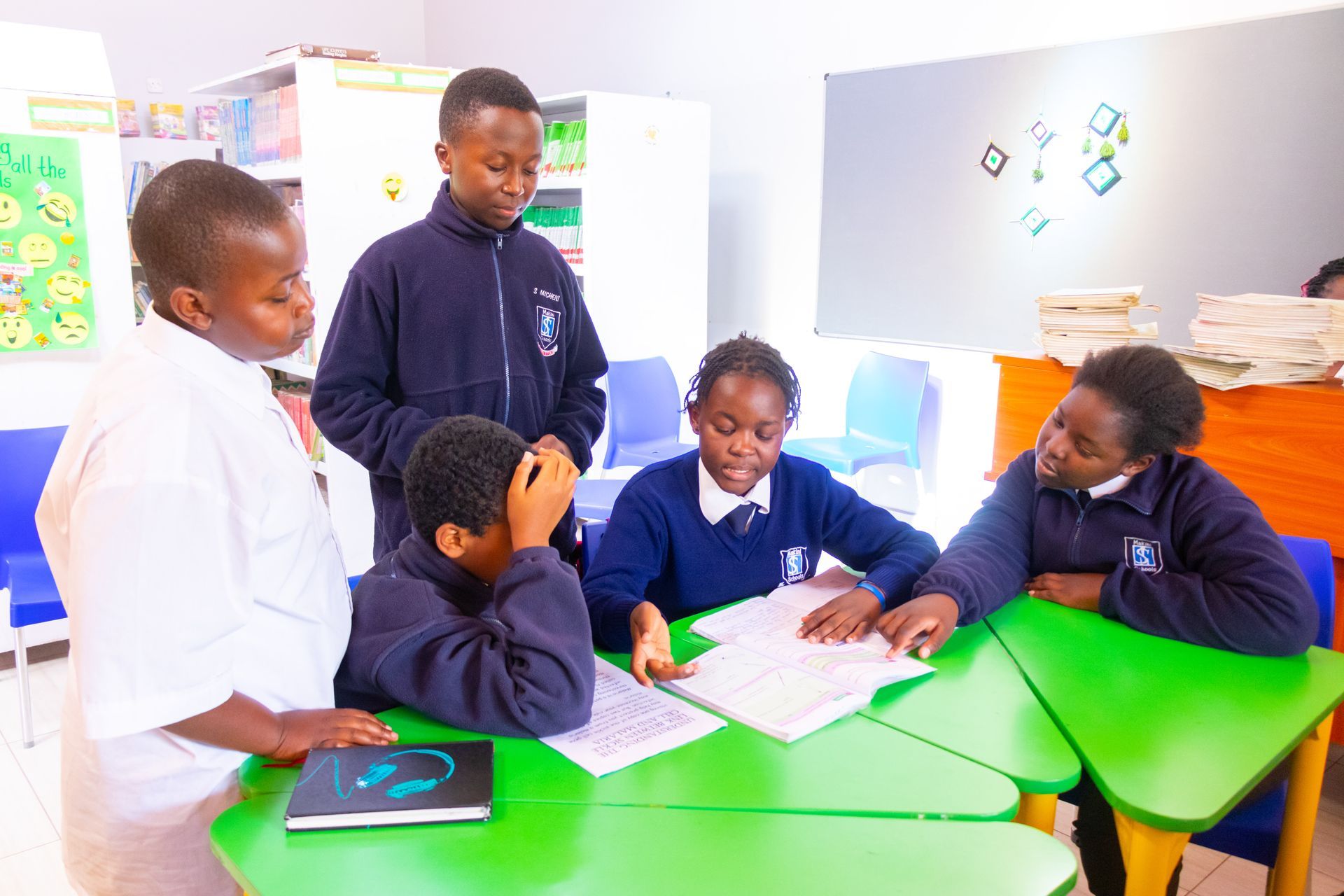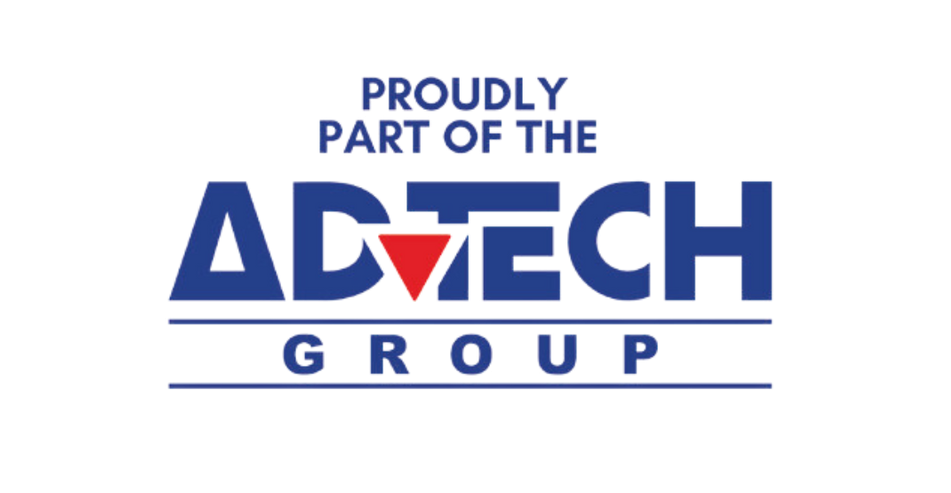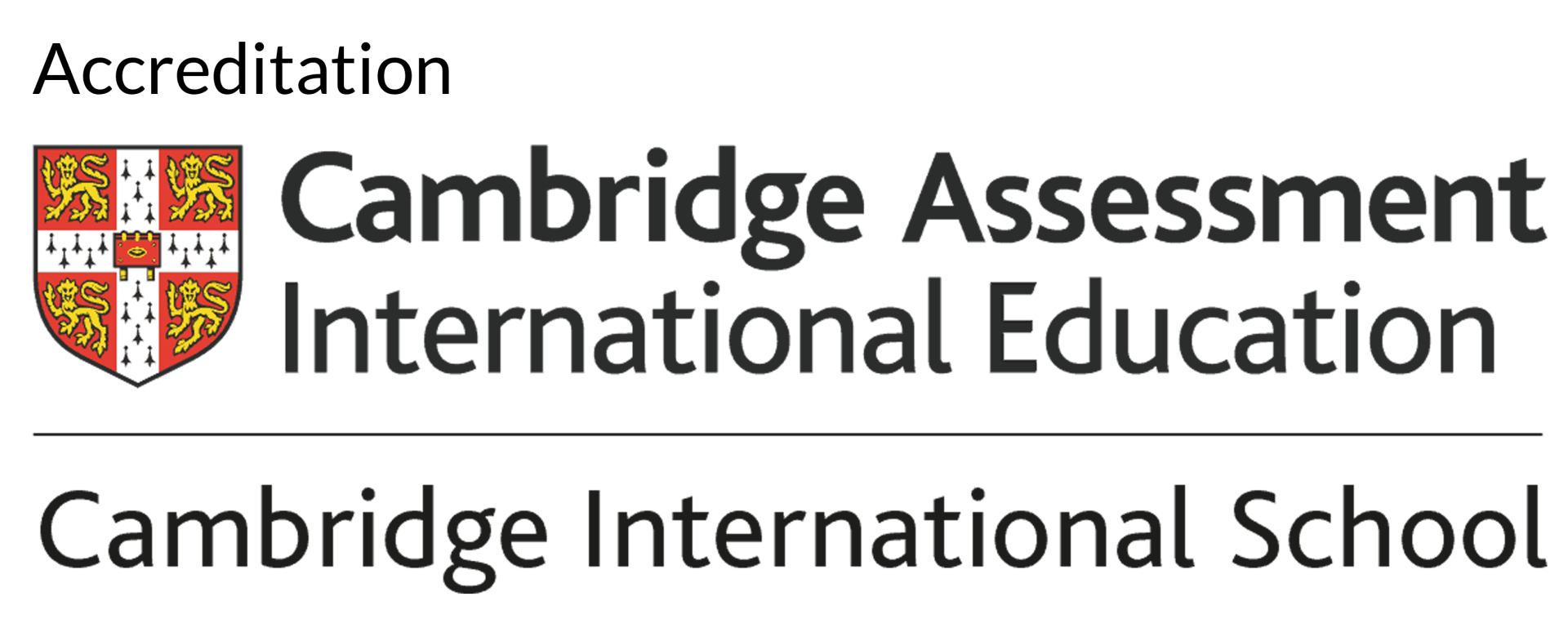Key Aspects to Understanding Preschool Education in Kenya
Early childhood development education is a crucial phase in a child’s social, psychological, spiritual, intellectual and mental development process. This is the foundation of a child’s schooling career and the basis from which the rest of their lives will be built on. Ensuring that your child receives the highest education as this pivotal stage is of the utmost importance.
The education system in Kenya
In 2017, the Kenyan Ministry of Education introduced a new education system into the country. The Competency-based Curriculum (CBC) replaced the old (8-4-4) system and spread learning into two, six, three and three (2-6-3-3) years.
The first level of education under CBC is at the pre-primary stage. It is divided into two levels:
Level 1 (Pre-primary 1) is for children aged four years.
Level 2 (Pre-primary 2) is for children aged five years.
In this early phase, the preschool education in Kenya covers the following learning areas:
- Language and communication
- Mathematics
- Environment
- Psychomotor (physical activity learning) and creative (music, arts and crafts)
- Religion
What are the challenges of Kenyan early childhood education?
As with many African and third-world countries across the globe, rural Kenyan schools and government led schools face many challenges in Early Childhood Development Education (ECDE). These include inadequate teaching and learning resources, socio-economic factors, financial constraints as well as a high teacher-child ratio with poor remunerations.
- Inadequate teaching and learning resources
There are many ECDE centres across Kenya with inadequate teaching and learning resources and facilities - from a lack of properly ventilated classrooms and suitable furniture to safe, clean water, toilets and play material. Teachers lack adequate teaching and learning resources, which results in the inability to implement the ECDE Curriculum. -
Socio-economic factors
A major factor associated in this regard is malnutrition and illness. These can damage the cognitive processing ability of a child. If a child is not adequately nourished and healthy, they struggle to grasp basic concepts and require extra hours of instruction. - Financial constraints
A lack of adequate funding for subsidised education, health care and school related expenses all have a negative impact on the implementation and success of the ECDE Curriculum.
- High teacher-child ratio
In many Early Education Centres, the teacher child ration is rather high. This negatively impacts the teacher’s ability to spend individualised time with their students. - Poor remunerations
Teachers in the government sectors aren’t paid enough money to do their difficult jobs. This has a knock-on effect as many school leavers don’t follow the path of teaching.
Why is pre-school so important?
Pre-school education is critical in preparing children for primary education. Early childhood programmes have been created to provide a positive and early start for children. They help grow a child’s potential for lifelong adaptability, innovation and communication skills. These programmes also ensure the development of problem-solving skills, entrench the values of responsible citizenship and a respect for diversity.
How do you select the right pre-school for your child?
There are a number of factors to consider when choosing a pre-school for your child.
- Location
Look at the schools in the vicinity of where you live or work. This will help ease the commute for you and your child. - School hours
With many parents both working full days, choosing a school with the hours that suit your family’s schedule makes life easier. - Teaching methods
There are various teaching methods on offer at schools across Kenya. From the Montessori curriculum to CBC, find out what the schools offer and what’s best for your child. - Schooling costs
Affordability is one of the major factors in choosing a school. Ensure you strike a balance between a school you can afford and one that’s going to give your child the best foundation. - Facilities
Formal education is just one part of the learning process. Children require much more to ensure that they receive a well-rounded education. Visit the schools you’re interested in and find out more about their facilities. Also bear in mind that if a pre-school is linked to or part of a primary school, you’ll only have to do one admission and your child can enjoy a seamless schooling career. - Speak to other parents
Often the best way to find out about a school is to talk to other parents whose children attend it. This first-hand information will give you a holistic view of the school, its culture and offerings. - School work
When visiting the schools, be sure to find out what work the learners do as well as the study material on offer. - Meals and sanitation
Knowing what your child will be eating at school is important. Proper sanitation is also vital. Find out what’s on the menu, who assists with feeding the children as well as who takes them to the bathroom.
Why should you choose Makini Pre-School for your child?
Makini Pre-School, one of Nairobi’s top pre-schools, prides itself on offering your child only the best education and schooling experience. With our unique blend of early childhood programmes, we focus on building a solid foundation for growth.
1. Parent-teacher relationships
Fostering an environment where every child can thrive is dependent on both teachers and parents. That’s why we work closely with parents and guardians, to help children achieve their potential and make incredible progress.
2. Holistic learning
We base the learning experience in holistic development with activities that will allow your child to develop their mental capacity, self-confidence, independence and build their character.
3. Engaged teachers
Our preschoolers are welcomed into a warm and loving environment, where their teachers make school a place of safety and fun.
4. Child centered learning
Learning through play enables a child to thrive in the school environment. Makini provides ample learning and play materials such as toys, flash cards, charts, cut outs and other learning resources. Group activities are encouraged to allow children to learn through their peers. We also stive to develop the learner’s self-awareness, self-esteem and self-confidence. Our learners also learn to express themselves freely. This is achieved through oral activities like free conversation, news telling, storytelling, rhymes, discussion and poem/verse recitations.
5. Nutritious menu
Healthy minds and bodies are reliant on a good diet and plenty of exercise. At Makini, our learners enjoy healthy and delicious meals as well as a wide variety of play activities both indoors and out.
6. Good learner behaviour
In order to build good social habits and learn acceptable values and behaviour, we teach our children life lessons such as how to use the toilet correctly, hygiene activities and good table manners. Through RE and PPI lessons, we also help foster spiritual and moral growth.
7. Curriculum
The Early Years Programmes comprise of:
- Language activities
- Mathematical activities
- Environmental activities
- Psychomotor and creative activities
- Pastoral Programme of Instruction
- Religious Education Activities (CRE/IRE Activities)
This programme allows us to enhance the following competencies:
- Communication and collaboration
- Critical thinking and problem solving
- Imagination and creativity
- Learning to learn
- Self-efficacy
- Digital literacy
8. Co-curriculum and Extra curricula activities
To develop self-awareness and character formation, the following activities and clubs are on offer:
- Journalism club
- Guidance and counselling
- Drama and music club
- Scouts club
- Chess club
- Child protection
- 4k club
- Hula hoop and contemporary dance
- Swimming
- Football
- Computer club
- Creative club
- Cookery club
Give your child the best foundation for a successful future. Bring your child to spend the day in our preschool and let them enjoy the rich Makini experience.
Book a date today.













